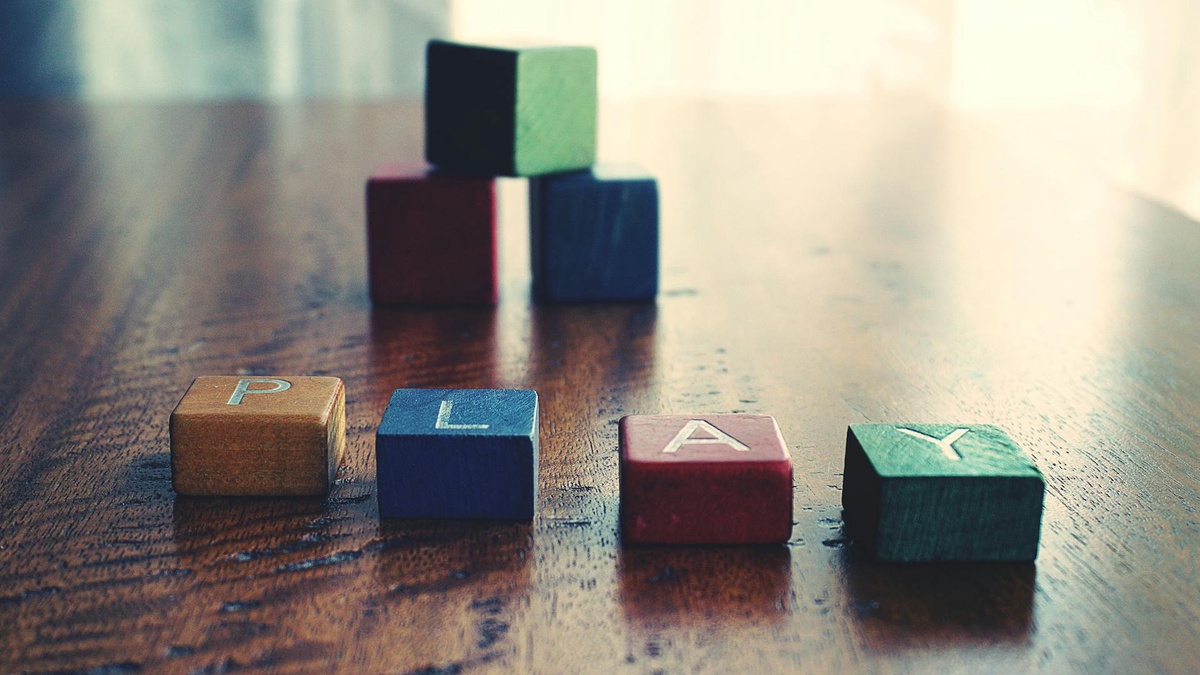As your 19-month-old continues to explore the world around them with boundless curiosity and energy, providing them with suitable toys can play a crucial role in supporting their 21-month developmental milestones. At this stage, toddlers are rapidly expanding their cognitive, motor, and social skills, making it essential to choose toys that engage their senses and encourage learning through play. From building fine motor skills to fostering language development and promoting imaginative play, suitable toys can spark joy while helping your little one reach important milestones. Tinyvers will explore ten carefully selected learning toys for 19-month-olds designed to support the growth and development of your baby, providing them endless opportunities for discovery and exploration.
Top 10 Learning Toys for 19-Month-Olds
Shape Sorters
Shape sorters are excellent toys for toddlers at this age as they help develop fine motor skills, hand-eye coordination, and cognitive abilities. These toys typically consist of shapes that must be matched with corresponding holes. They encourage problem-solving skills and teach children about shapes and colors fun and engaging way.
Wooden Blocks
Wooden blocks are classic toys that offer endless possibilities for creativity and exploration. Toddlers can stack them, knock them down, and build structures, fostering spatial awareness, hand-eye coordination, and imagination. Additionally, blocks can help develop early math concepts such as counting and sorting.
Musical Instruments
Introducing your child to musical instruments like tambourines, drums, or xylophones can enhance their auditory skills and rhythm recognition. Playing with these instruments allows toddlers to experiment with sound, promoting sensory development and self-expression.
Picture Books
Board books with colorful pictures and simple stories are perfect for toddlers to explore independently or with caregivers. Reading together promotes language development, vocabulary expansion, and early literacy skills. Choose books with sturdy pages to withstand curious little hands.
Puzzles
Simple puzzles with large, chunky pieces are ideal for toddlers to develop problem-solving skills and spatial awareness. Look for puzzles featuring familiar objects or animals to engage their interest and encourage independent play.
Pretend Play Sets
Pretend play sets like kitchen or doctor kits encourage imaginative play and social interaction. These toys allow toddlers to mimic real-life scenarios, fostering creativity, empathy, and language development as they engage in role-playing activities.
Nesting and Stacking Toys
Toys that involve nesting cups or stacking rings are excellent for refining fine motor skills and hand-eye coordination. These toys also introduce concepts like size, shape, and order, laying the foundation for early math skills.
Push and Pull Toys
Push and pull toys, such as wheeled animals or carts, encourage gross motor skills and physical activity. Toddlers can practice walking while pushing or pulling these toys, promoting balance, coordination, and muscle strength.
Bath Toys
Bath time can be a fun and educational experience with suitable toys. Choose bath toys that squirt water, float, or stick to the tub walls, providing sensory stimulation and encouraging exploration during bath time.

Developmental Milestones at 21 Months
- Language Development: By 21 months, many toddlers are beginning to use simple sentences and may have a vocabulary of several dozen words. They can understand more complex instructions and may enjoy naming familiar objects and people.
- Social Skills: Toddlers at this age are becoming more social and may show increased interest in playing with peers. They may start to engage in simple pretend play and begin to show empathy towards others, such as offering comfort when someone is upset.
- Gross Motor Skills: Toddlers are likely to become more confident walkers and may start to run, climb, and explore their environment with greater agility. They may also begin to kick a ball or attempt to jump with both feet.
- Fine Motor Skills: At 21 months, toddlers refine their fine motor skills, allowing them to manipulate objects more precisely. They can stack blocks higher, turn book pages independently, and use utensils more effectively during meals.
- Cognitive Development: Toddlers continue to develop cognitive skills such as problem-solving, memory, and attention span. They may enjoy simple puzzles, matching games, and sorting objects by color, shape, or size.
- Emotional Development: Emotional development progresses as toddlers learn to express a broader range of emotions and understand the feelings of others. They may begin to show frustration when encountering challenges but can also demonstrate affection and joy.
- Independence: Toddlers at 21 months may start to assert their independence by wanting to do things independently, such as dressing themselves (with assistance) or feeding themselves finger foods. Encouraging independence while providing appropriate support and supervision is essential during this stage.
- Imitation and Role-Playing: Toddlers enjoy imitating the actions and behaviors of adults and may engage in imaginative play scenarios, such as pretending to cook or take care of a baby doll. These activities help foster creativity and language development.
- Sensory Exploration: Toddlers continue to explore their senses through various activities and experiences. They may enjoy sensory play with materials like sand, water, or playdough, which provide opportunities for tactile exploration and discovery.
- Understanding Cause and Effect: Toddlers are becoming more adept at understanding cause and effect relationships. They may enjoy activities that allow them to experiment with cause and effect, such as pushing buttons to make lights or sounds.
Conclusion:
By selecting toys that align with your child's interests and 21 months developmental milestones, you can create an environment that fosters curiosity, creativity, and joy, setting the stage for continued learning and exploration in the months ahead. We at Tinyvers let families discover and explore a curated selection of toys that support their child's development while providing endless opportunities for fun and learning.


No comments yet